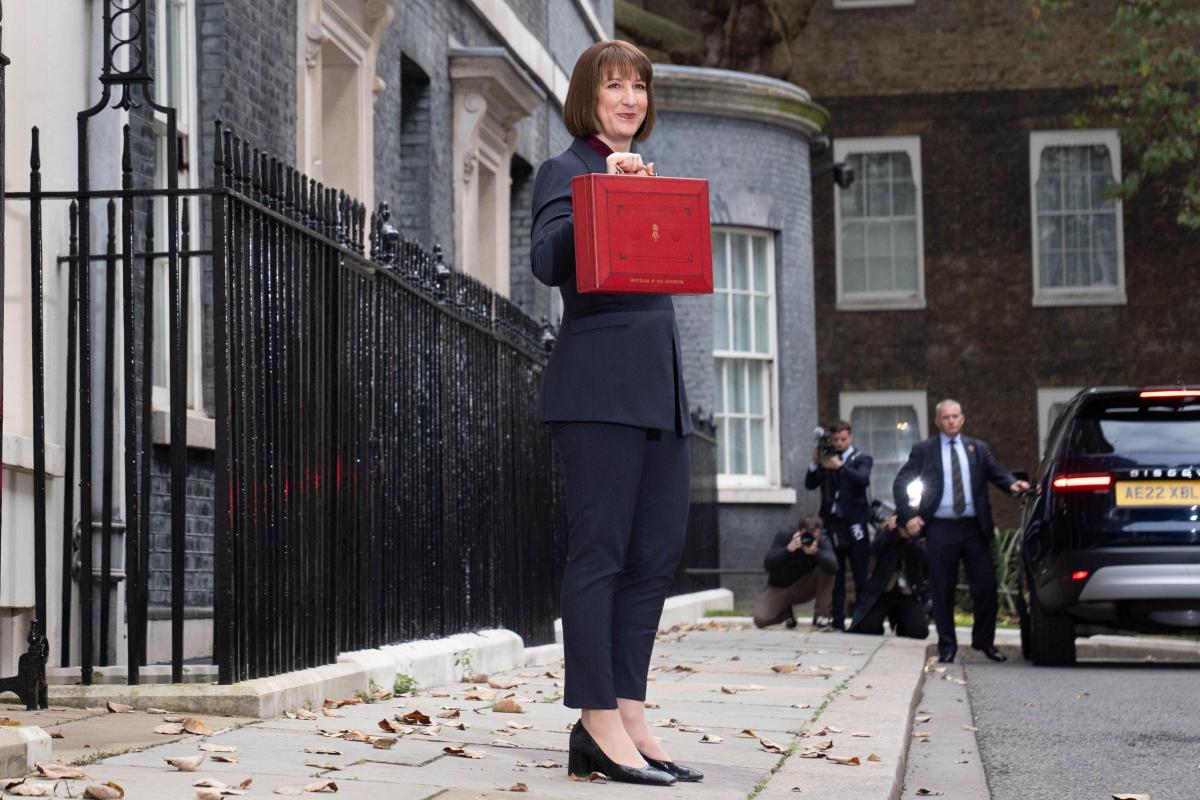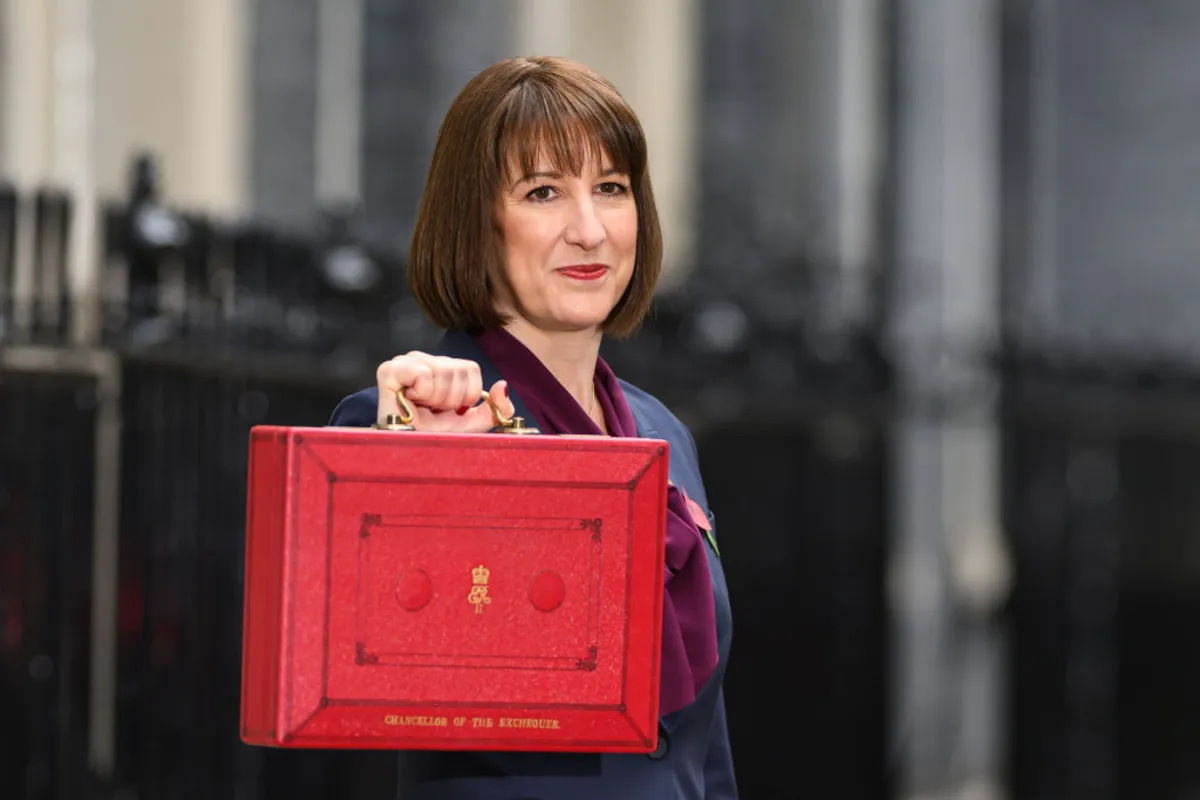The recent budget announcement from the Labour government has resulted in higher borrowing costs for the U.K. However, analysts are largely downplaying the chances of a repeat “mini-budget” crisis like the one experienced under former Prime Minister Liz Truss.
As of Friday afternoon, the yield on 10-year gilts slightly dipped to just over 4.4%, while the 2-year gilt yield increased to 4.414%. These fluctuations indicate a bond sell-off, reflecting investors’ reluctance to support U.K. debt given ongoing concerns about fiscal responsibility.
In her budget speech, Finance Minister Rachel Reeves introduced a significant £40 billion tax increase along with an unexpectedly large rise in short-term borrowing. She argued that these steps are critical for achieving a balanced day-to-day budget while also investing in vital public services and infrastructure. Unlike the chaotic response to Truss’s fiscal plans, many of Reeves’ proposals were communicated ahead of time, helping to mitigate immediate market reactions.

Labour Government’s Budget Announcement Increases Borrowing Costs Amid Concerns Over Fiscal Stability
Even with a sense of stability in the markets post-budget, there remains a heightened level of caution among traders, influenced by the U.K.’s recent experience with unpredictable bond movements. Current macroeconomic conditions, particularly a notable decrease in inflation, differ from last year’s turmoil. Economists have varying views on the potential impact of Reeves’ expansionary policies on inflation and the Bank of England’s approach to interest rates, with some predicting a slower pace of rate cuts.
The budget has also sparked debate over its likely effects on economic growth. The Office for Budget Responsibility has revised its short-term growth outlook upward but has lowered its longer-term projections. Analysts from Deutsche Bank caution that the substantial economic benefits expected from this budget may not be realized until after a five-year timeframe, indicating a more gradual recovery.
As concerns linger about the U.K.’s fiscal stability, experts are examining how effectively the government will manage its increased spending commitments. The uncertainty surrounding fiscal policies, particularly in light of the upcoming U.S. elections, adds to the overall apprehension.
While many believe a crisis similar to the 2022 mini-budget is unlikely, the current elevated yields and cautious sentiment suggest that volatility may persist in the bond market as investors await further signals, especially with the Bank of England’s upcoming policy meeting.











































